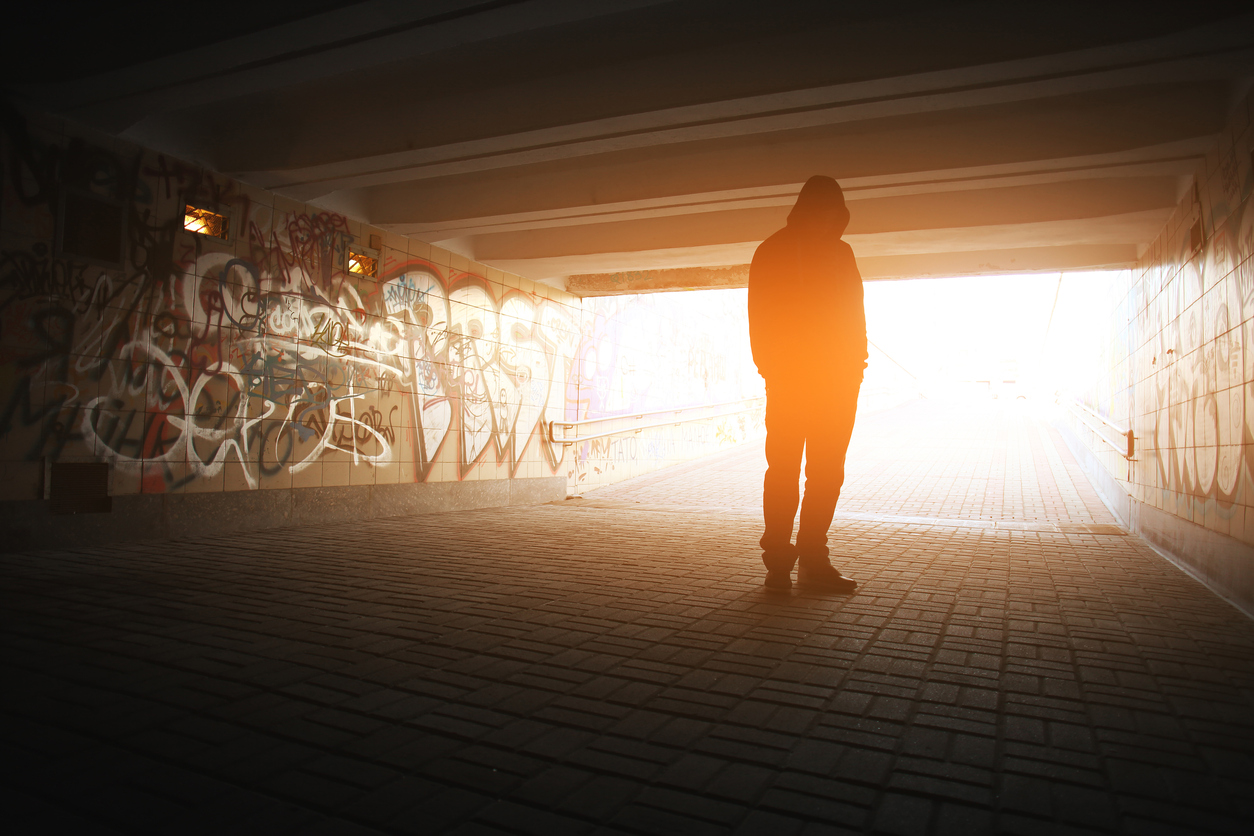It’s one of the great paradoxes of modern life: we’re more connected than ever – and yet more alone than ever. Thanks to social media, we can scroll endlessly through the curated lives of influencers and celebrities. But beyond our screens, our real-world social circles are shrinking fast.
One major US survey found that 12% of American adults reported having no close friends – four times higher than in 1990. And since 2014, the time they spend with friends has dropped by nearly 40%.
The UK is facing a similar crisis, with some warning that we are now in the middle of a “loneliness epidemic.” A recent survey by the Office for National Statistics found that 7% of adults feel lonely “often or always”, while another 18% say they feel lonely “some of the time”.
But loneliness doesn’t affect everyone equally. Depressingly, and as with so many things in the world, it often hits those already facing disadvantage the hardest. Disabled people, for example, are five times more likely to report feeling lonely often or always compared to non-disabled adults. Those who’ve never worked or are long-term unemployed are three times more likely to experience loneliness than people in professional jobs.
Read more:
- ‘Nobody should feel on their own’: How pubs are stepping up to tackle the UK’s loneliness epidemic
- Loneliness is nothing new – but modern life is making it worse
- ‘Lonely and expensive’: London is becoming less ‘liveable’ than other European cities, study finds
So, what’s behind this rising tide of loneliness? It’s complicated. Smartphones and social media make it easier than ever to stay glued to screens – and harder to connect in real life. The Covid pandemic also accelerated this shift, as many people grew accustomed to staying home and relying on technology instead of face-to-face interaction. A study by King’s College London found that two years after the pandemic, nearly half of people were still seeing friends less often. As a film lover, I’ve felt this change myself. I used to love watching new releases with friends in the cinema and then dissecting them in endless detail on the way home. Since Covid, ever more films skip the big screen entirely and go straight to streaming, removing that reason to meet up.









